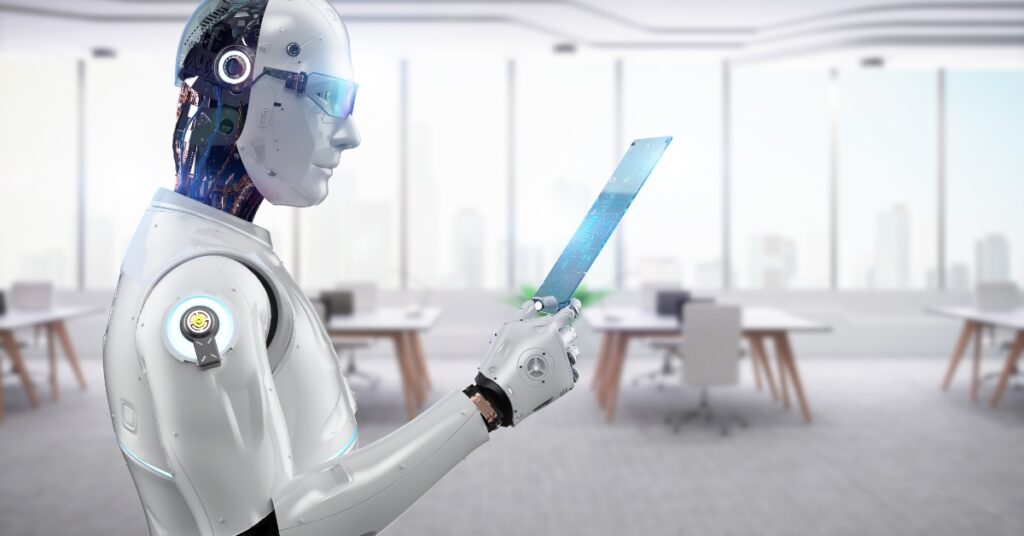Introduction
In the fast-paced world of business and technology, there’s often a prevailing notion that youth is synonymous with innovation.
It’s not uncommon for business owners to prioritize younger employees under the assumption that fresh faces bring new ideas and energy.
However, recent scientific research challenges this conventional wisdom. Contrary to what many believe, the data suggests that the age at which individuals make their most significant contributions to their fields is trending upward.
This phenomenon extends beyond the realm of science and innovation, making a compelling case for considering older employees as invaluable assets to your workforce.
A Shift in the Age of Genius
In a comprehensive review of studies published by the National Bureau of Economic Research, researchers discovered a fascinating trend among scientists and inventors: the age at which they reach their creative zenith has been steadily increasing.
Traditionally, people were accustomed to the idea of groundbreaking discoveries and inventions occurring in the flush of youth. However, the research indicates that most individuals now make their most substantial contributions after the age of 40.
As the researchers note, “This research consistently finds that performance peaks in middle age: the life-cycle begins with a training period in which major creative output is absent, followed by a rapid rise in output to a peak, often in the late 30s or 40s.”
In essence, true mastery and groundbreaking innovation take time and experience to develop.
Entrepreneurs and the Middle-Aged Advantage
This shift toward middle age as a prime time for creative and entrepreneurial achievement isn’t limited to the scientific realm. A study from 2018 found that the most successful entrepreneurs are often middle-aged, even in the ever-evolving tech industry.
In fact, the data suggests that a 60-year-old startup founder is three times more likely to launch a successful startup compared to a 30-year-old founder.
Moreover, older entrepreneurs are 1.7 times more likely to create a startup that ranks in the top 0.1 percent of all companies in terms of revenue and profits.The reasons behind this phenomenon are multifaceted.
While younger entrepreneurs may bring technical expertise and a penchant for risk-taking to the table, older entrepreneurs benefit from a wealth of experience, refined business skills, an extensive network, and access to both capital and valuable connections.
Experience: The Competitive Advantage
In a broader sense, the importance of experience cannot be overstated. Whether you’re leading a business, developing a strategic plan, or making countless tactical decisions, the value of experience is immeasurable.
For entrepreneurs, growing older isn’t a hurdle to overcome; it’s a genuine competitive advantage. The same principle applies to your hiring decisions.
While younger employees may excel in certain areas like technological aptitude and recent, industry-specific education, older candidates often possess a broader set of skills and a more comprehensive understanding of how these skills can be effectively interconnected.
Leadership, for instance, is a skill that matures over time and thrives on experience.
The Best Candidate, Regardless of Age
In the end, the age of the candidate should not be the primary consideration when making hiring decisions. What truly matters is identifying the specific skills and attributes you need for the job and then selecting the best fit, irrespective of age.
It’s a common misconception that older individuals can’t adapt to new challenges and learn new skills.
Contrary to popular belief, genius typically takes time to develop and emerge. Take the iconic example of Steve Jobs, who co-founded Apple at the age of 21.
While he achieved early success, his most groundbreaking innovations and commercial successes occurred when he was in his late 40s and early 50s. This serves as a testament to the value of experience and how it contributes to making remarkable contributions later in life.
Conclusion
In the ever-evolving landscape of business and innovation, it’s crucial to reevaluate preconceptions about age and success. Scientific evidence suggests that older employees and entrepreneurs are not only viable but often preferable choices.
The data underscores the importance of experience, the interconnectedness of skills, and the unique advantages that middle-aged individuals bring to the table.
When hiring, focus on identifying the best person for the job based on their skills and abilities, not their age, and you may find that older employees can make invaluable contributions to your organization.




